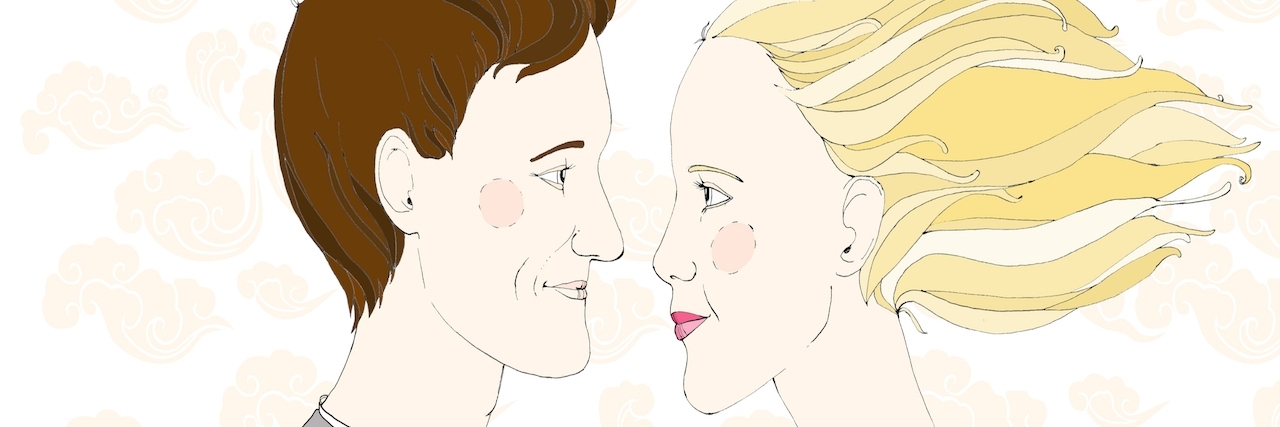How to Be Friends With Someone Who Has Borderline Personality Disorder (BPD)
This post has come about off the back of a conversation I had with a close friend who had been struggling to know how to react to me at times, or understand why I was behaving in certain ways. I’m so proud of her for having the strength to bring this up with me because it was never going to be an easy conversation, but it was one that had to happen sooner or later.
One of the things she mentioned was she had gone looking for information on how to be friends with someone who has borderline personality disorder (BPD) and didn’t get very far. It seems so obvious, I can’t actually believe I didn’t think to write something like this before, because there is so much I’d like people close to me to know – about the times I hide, the times I ask over and over again if everything is OK, the times I seem angry, the times I seem distant – the most important thing is it’s nothing to do with you. I (occasionally way over)react to everything, even the seemingly inconsequential things. I’m working so hard to get a handle on it all, and I’ve been making huge progress since starting with Therapist 2.0, but there are still times BPD will get the better of me.
Actually, it occurs to me as I write this that while it’s personal to me and my own family and friends, it could equally apply to anyone who is either trying to understand a friend, or trying to explain to a friend what it is they need. In no particular order of preference, here are a few bits I think might help us all:
1. Be honest with me. If I have said or done something to upset you, please let me know. The conversation might not be pleasant, but avoiding it just makes things worse
2. Sometimes I won’t be able to talk to you. It’s nothing personal. It’s just sometimes I feel so awkward and out of place I can’t actually string a sentence together
3. Similarly, sometimes you won’t be able to talk to me because I will frustrate the hell out of you. That’s OK. If you need some space, just tell me. It’s up to me to manage my response to that.
4. If I don’t make eye contact, that’s a pretty strong indicator that I’m not doing well.
5. You are not responsible for making me better. If you can, listening on a bad day would be awesome, but I understand that won’t always be possible. You’re not my therapist!
6. I want to know what’s going on with you – never, ever feel like you can’t talk to me. There are two of us in this relationship.
7. I’m really good at picking up on your moods, good, bad or otherwise. Unfortunately I also have a tendency to assume it’s my fault if there’s something wrong (I’m working on that one, honestly), so if you’re able, talk to me. Chances are I’ll understand.
8. Sometimes my reactions to seemingly minor events will be epic. Nine times out of 10, it’s nothing to do with the actual event but rather what it has triggered in me (I’m working hard on that one too).
Things are changing for me. It feels so, so good to finally be getting some control over BPD, but it’s also a little scary – I have to get used to new ways of managing my behavior, and then you have to get used to me behaving differently. I’ve discovered there are quite a few things that have to happen every day to try and keep myself on the straight and narrow, and that takes a considerable amount of time and effort, both of which leave me flattened on occasion.
You won’t always understand, you won’t always want to, but I honestly believe as long as we keep talking to each other, as long as I keep doing what I now know I have to do, it will be OK.
Follow this journey on Sunny Spells and Scattered Showers.
The Mighty is asking the following: Imagine someone Googling how to help you cope with your (or a loved one’s) diagnosis. Write the article you’d want them to find. Check out our Submit a Story page for more about our submission guidelines.

